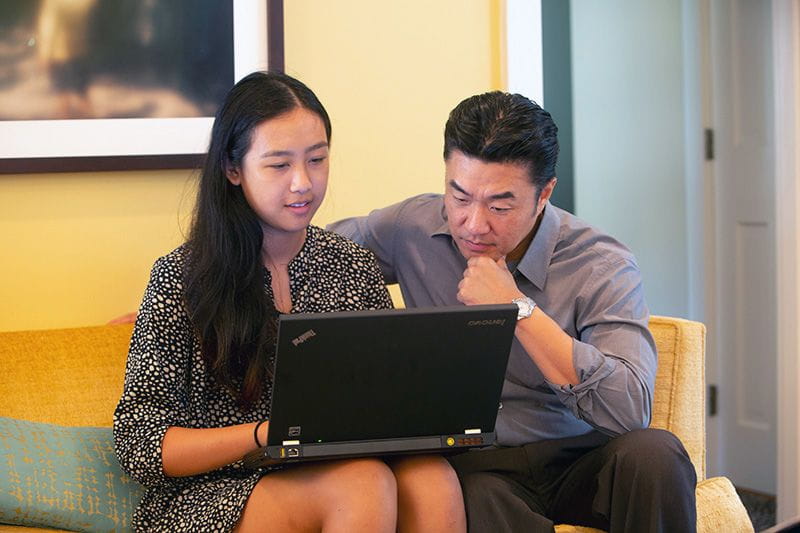Last December, in what now feels like another lifetime, a research group reported that college enrollment was down more than two million students.
The pandemic may make that decline seem like the good old days.
Worries about safety and finances – whether students will feel comfortable on a crowded campus; whether a virtual education will be worth the on-campus cost – has many high school seniors rethinking or delaying college plans. Twenty percent, according to a survey reported by NBC news, say they’re now likely or highly likely to not attend college in the fall. “The coronavirus,” reported the Boston Globe, “has turned college campuses into ghost towns and sent a financial tremor throughout the industry.”
Colleges are feeling understandably grim. “A microscopic but very deadly virus,” one college president told the Globe, “has dealt a body blow to higher education.” The changed landscape means they can no longer count on high school seniors as the mainstay of tomorrow’s enrollment, and so their financial futures.
Yet colleges aren’t the only ones who should be worried; there are ripples for employers, too. Fewer students going to college mean fewer future skills for organizations that need them. All this as the pandemic promises to leave a long-term mark not just on college campuses, but on proficiencies we can’t yet envision, but will have to adapt to. “Whether the effort is reskilling at the business-unit level or a company-wide aspirational transformation,” wrote McKinsey earlier this year, “companies can’t simply push the pause button on critical workplace learning.”
But where will short- and long-term skills come from? As the ground shifts beneath higher education, future readiness will require a new educational business model that serves the interests of employers, higher education, and employees.
What will that look like?
Partnerships that focus on the new student: A side effect of delayed degrees will be the continuing rise of the adult learner/earner. Non-traditional college students were already trending before the pandemic hit, estimated in recent years to make up as much as 40% of college campuses. Tomorrow’s thriving campuses will need to tap into that market – something partnerships between colleges and industry can deliver. It’s in all of our best interests to mine and grow them.
Programs that fully (and effectively) support online learning: Virtual learning hastily built for the pandemic – what Harvard Business Review called “emergency remote teaching” – has given the false impression that online learning is second rate. The truth is there are already a lot of good virtual programs out there; but they’ve been built for online learning from the ground up, versus retrofitted for the purpose on the fly. Promoting online learning to the first string will require more schools (including the big brand names) to invest resources in building those quality online programs – something else college-employer partnerships can accomplish.
Opportunities that show students a pathway: One current high school senior told NBC news she’s filing away her college acceptance letters and instead focusing on moving up the ranks at a job she’s been working since sophomore year. Such ambitious students present golden opportunities for employers to pair education and careers into pipelines. In fact, long before the pandemic, smart employers were already seeing the value of linking skills to ambitions – showing up-and-comers clear and affordable career and education pathways, sometimes when they were still in high school. Such education tracks form a proven business model that delivers on every talent front, from engagement to skills. And students like the one above demonstrate a strong interest from the target audience.
Education that thinks beyond degrees: We already know that every sun-setting skill makes room for a new one rising. Our rapidly evolving economy will likely be the launch pad for skills we can’t even foresee. Adapting will require going beyond only degrees to include more nimble credentials (certifications, certificates, etc.) that can deliver skills in a timely fashion.
All of the above presents more than a response – but opportunities. But it will require another critical shift from employers – from viewing employer-sponsored education as an employee benefit to thinking of it as a business strategy. I often talk about the hospital that moved its tuition assistance from benefits to talent acquisition – a plan that kept key positions from languishing without employees. It’s a smart move not just for healthcare but for all of us.





